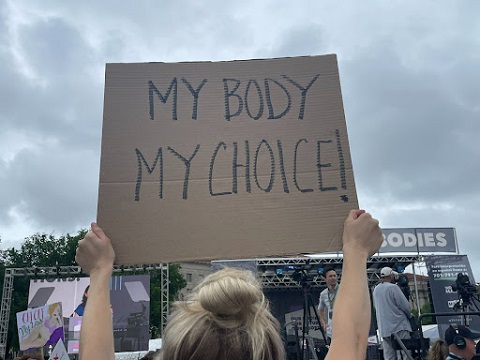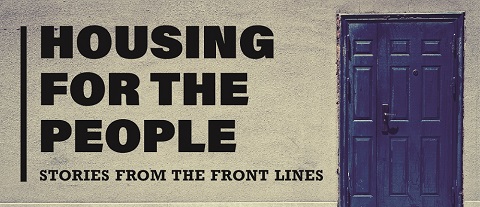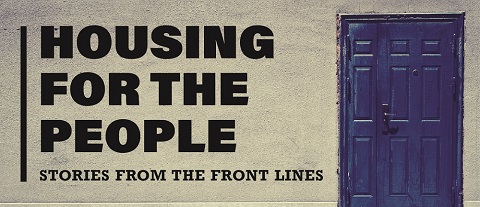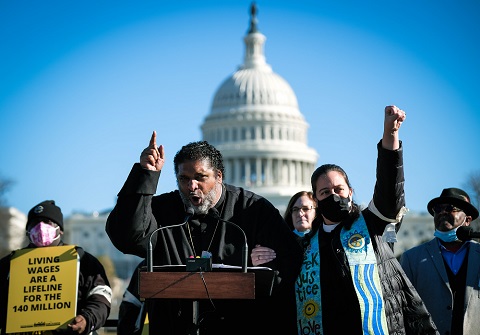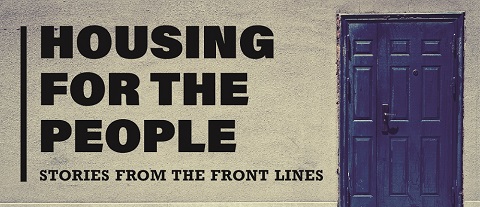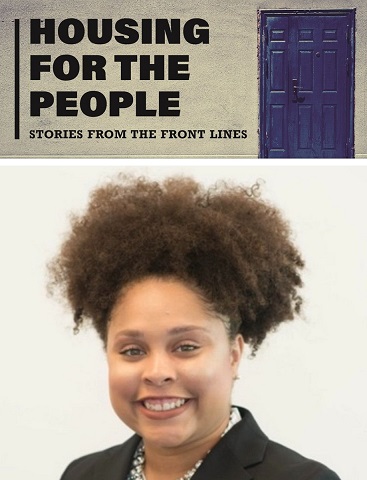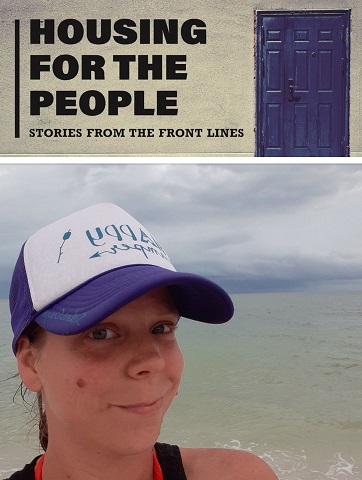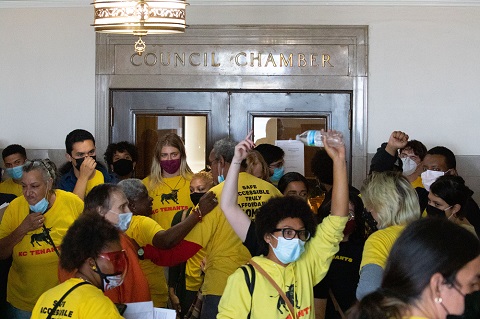By Janiah Miller
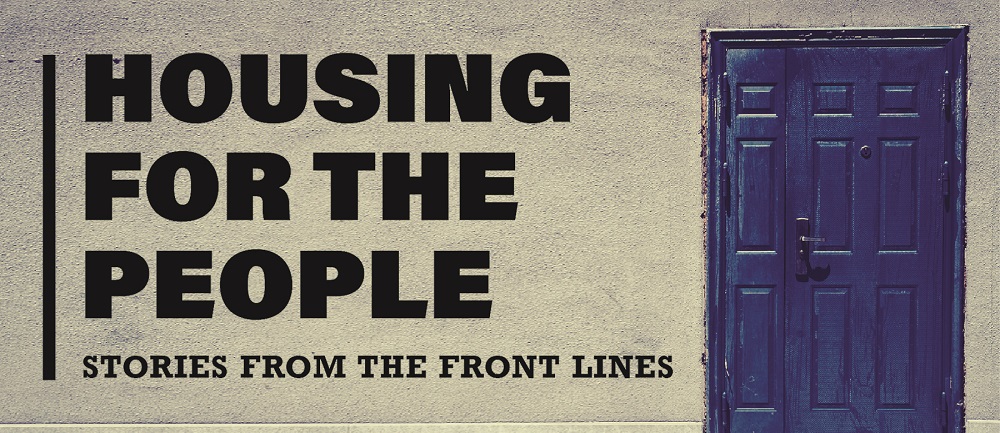
We are 50 years into the affordable housing crisis and it’s not getting better. Across the country people are scraping by to make ends meet and with gentrification rising, finding affordable housing gets harder and harder each day. It is time for progressive politicians to catch up to the rising affordable housing movement. There is a great opportunity for progressive candidates and policymakers to show leadership. The global pandemic of COVID-19 has exacerbated the housing crisis while bringing more awareness and momentum to system changes than ever before. This has made pro-housing policies a political rally cry. Advocates and social action agencies should focus more attention on building momentum by pushing candidates and elected officials to prioritize housing in their platforms and while they are elected officials. There should be a more centralized focus on empowering both traditional and non-traditional voters through challenging them to hold decision and policy-makers accountable on prioritizing housing in their campaigns and while holding office to receive their support and vote at the ballot box.
“Given the widening gaps brought by the pandemic, addressing disparities in housing insecurity will play a key role in addressing racial inequities.”
Some politicians run as progressives and then, once elected, betray their supporters and curry favor with their former opponents. Recent research has linked government actions, such as eviction moratoria, to lower transmission and mortality rates from COVID-19. These studies point to the importance of government action to stabilize outcomes for the most impacted communities. These measures have been crucial lifelines to housing insecure consumers, however, many of these measures are nearing or have already reached their expiration dates. Given the widening gaps brought by the pandemic, addressing disparities in housing insecurity will play a key role in addressing the nation’s racial inequities. With elections happening year-round, elected officials have the necessary power to affect the change we need to see happen as communities are continually being devastated across the country.
Building momentum around issues of housing justice in local and statewide elections is growing across the country. There are organizations like the National Low Income Housing Coalition (NLIHC) who have had civic engagement campaigns that focus on affordable housing and individuals experiencing homelessness. In the 2020 NLIHC launched ‘Our Homes, Our Votes: 2020’ which was a non-partisan campaign to register, educate, and mobilize more low-income renters and affordable housing and affordable housing advocates to be involved in voting. This is important as low-income renters and homeowners are underrepresented among voters.

There is opportunity for local organizations to create similar initiatives to the one NLIHC proposed. This fall Cincinnati Action for Housing Now launched a civic engagement initiative focusing on city council candidates. This was a highly competitive race as it is the largest field of candidates running within the last 30 years with 30 candidates on the ballot. Through this effort they hosted Cincinnati’s Housing Justice two-night candidate forum in which we surveyed the community to get responses as to what questions they would want to see city council candidates answer. After the two-night forum we released Cincinnati’s first Housing Justice Voter Empowerment Guide. Their hope was for voters to use their power to vote for only those who believe will passionately work for housing justice. The work Cincinnati Action for Housing Now did this fall is a great example of how local organizations can be more engaged in changing policy discussions in their communities.
Organizations and entities should be working continuously to elevate affordable housing and homeownership as a top priority in their communities. This can be done through supporting the work of local organizations to increase voter registration, turnout, and education among low-income renters and homeowners, the unhoused and their allies. The continued advocacy needs to focus on building their energy to sustain momentum around engaging the community on issues of housing inequity through pushing for serious solutions.
Janiah Miller is currently pursuing her master’s in public administration and social justice at the University of Cincinnati. Her advocacy has taken many forms: she provided support to political campaigns and offices, assisted in legislative and constituent support, both locally and nationally, and built intersectional coalitions within the community. Her passion areas are housing equity through an economic justice lens, education and neighborhood safety.
Housing for the People is a column produced by the International Network of Street Papers from people on the frontlines of the housing justice movement in America and beyond.
Courtesy of INSP North America / International Network of Street Papers






